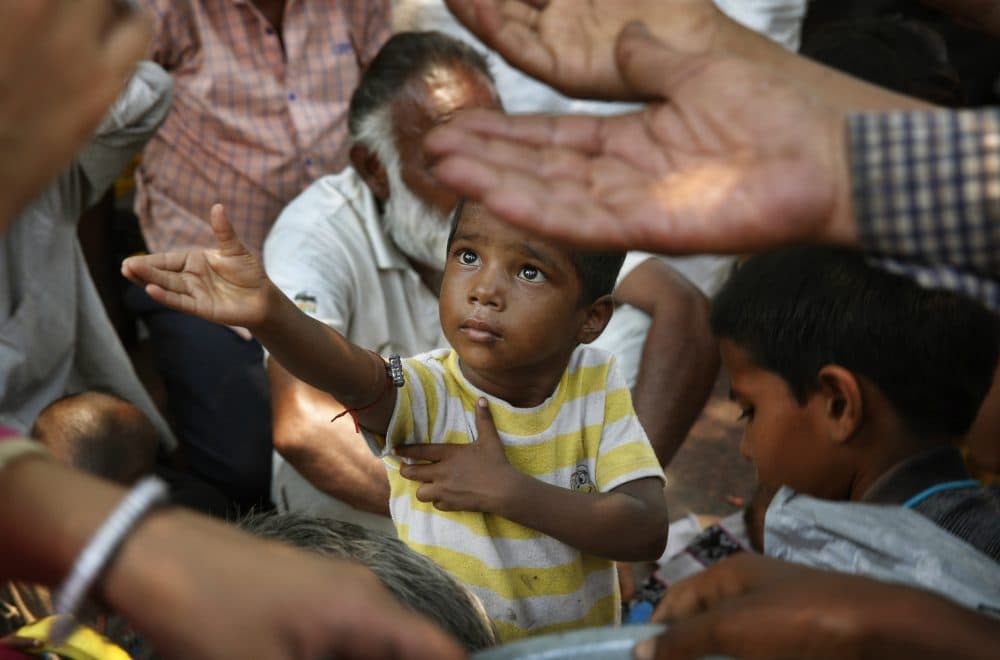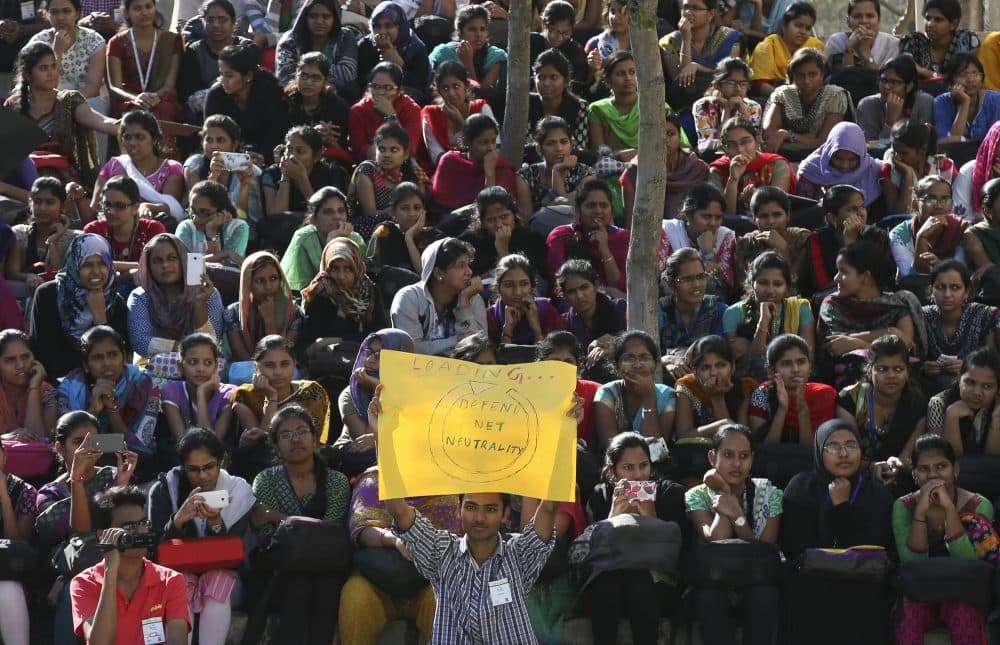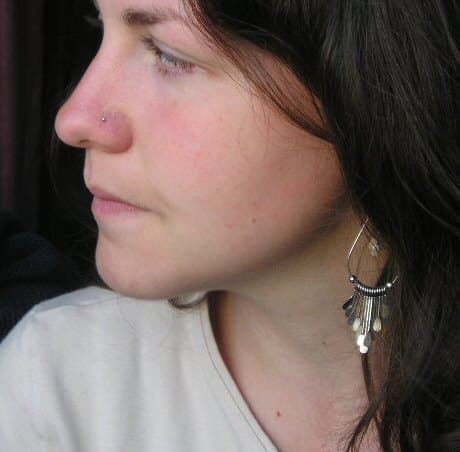Advertisement
What If 'Internet For Everyone' Isn't Such A Good Idea?

Facebook recently announced the successful test flight of Aquila, an unmanned, solar-powered plane that can provide internet access to people in remote and previously unconnected areas. Aquila is part of Internet.org, a Facebook project that aims to “connect the world.” Google has a similar program called Loon, which hopes to use balloons to bring “internet to everyone,” and Microsoft endeavors to broadcast internet via TV waves.
There’s undeniable appeal in the idea that everyone could have access to the internet. As both Facebook and Google point out, more than 60 percent of the world’s population — approximately 4 billion people — lack internet access. Thus, they live without benefits most of us can’t imagine not having, such as limitless — and instantaneous — information, educational opportunities, the ability to create websites to promote businesses, even access to weather forecasts. Such information and opportunity would be helpful in countless ways. Or would it?
The cynical part of me that fears a future technological dystopia also worries that “internet for everyone” is a magnanimous-sounding cover for data-harvesting.
According to Facebook, roughly 1.6 billion people don’t have internet access because of their remoteness. Facebook and Google aim to fix that by reducing, if not eliminating, geography as an impediment to internet connectivity. But in addition to lacking devices on which to access the internet, many of the remote areas don’t have the basic infrastructure to support it: 17 percent of the population doesn’t have electricity, and efforts to reduce this number have been slow going.
That’s just one reason “everyone” won’t really be everyone. People who struggle to meet basic needs such as food, water, shelter and security have bigger concerns than internet access. They can’t spend resources, including their own energy, on the internet, no matter how “affordable” it might be. While people in unstable situations, such as the Arab Spring, have used social media effectively to communicate their plights and grievances, it’s unlikely that refugees fleeing for their lives possess cell phones, not to mention the means to charge them and connect to a network to distribute information, images, or videos. Wouldn’t it make sense to help people in these situations meet their basic needs before worrying about their download speed?

Facebook and Google also take for granted that currently disconnected communities want internet access. If given the choice, people who don’t have access to the internet may prefer to keep it that way. Despite the advantages of being connected, it’s not hard to understand why some might eschew it. Even though Americans check social media accounts on their phones an average of 17 times a day and own multiple devices that connect to the internet, many of us take vacations from the internet and social media, feeling the need to unplug in order to relax. We eventually log back in because we have to in order to work, pay the bills and find our way out of traffic jams, but if our days were spent fetching water, fixing thatched roofs, and growing and harvesting the crops that will feed everyone we know, we might have less desire to check Twitter.
Internet access forever changes a culture, and in some regrettable ways. It’s not hard to imagine a scenario in which modern technology becomes a disruptive force. For all the benefits and curiosities the internet can deliver, these cultures — and ours — can’t move backward in time. The bell of the internet can’t be unrung; the cache of our memories can’t be cleared. Is it not preferable to leave some cultures — particularly if it’s their preference — free from the reaches of the internet?
Advertisement
The bell of the internet can’t be unrung; the cache of our memories can’t be cleared. Is it not preferable to leave some cultures -- particularly if it’s their preference -- free from the reaches of the internet?
The cynical part of me that fears a future technological dystopia also worries that “internet for everyone” is a magnanimous-sounding cover for data-harvesting. Both Google and Facebook employ deep learning, artificial intelligence algorithms that account for the eerily applicable ads you see on the sidebar of your Facebook page, as well as the identification of faces and objects in photos. But there’s a whole group of people — that 60-plus percent of the world’s population, in fact — who remain a mystery to Google and Facebook. They are an untapped market — until they connect to the internet.
Facebook’s “Free Basics” program, which makes certain websites—like its own—free to access, exemplifies its self-serving motivations. The program experienced a backlash in India because access to sites like Facebook doesn’t address connectivity across the board; more problematically, it doesn’t address challenges specific to the people or the region.
Corporations own the world, especially those that dominate the media. Giants such as Apple, Google, Microsoft, Facebook and Amazon know a great deal about us, which is why our government requests information from them. While it’s possible that Google and Facebook have laudable and altruistic motivations for their “connect everyone” campaign, extending their cyber-reach to the remote corners of the world will only increase their influence. Rebelling against these powers would be difficult — doing so would mean giving up access to something 40 percent of us can’t seem to live without.
